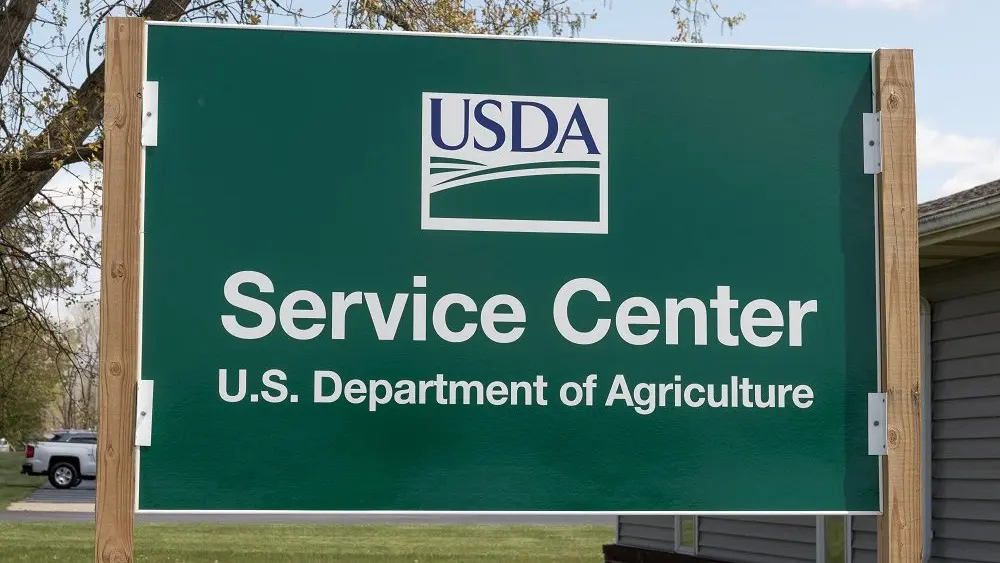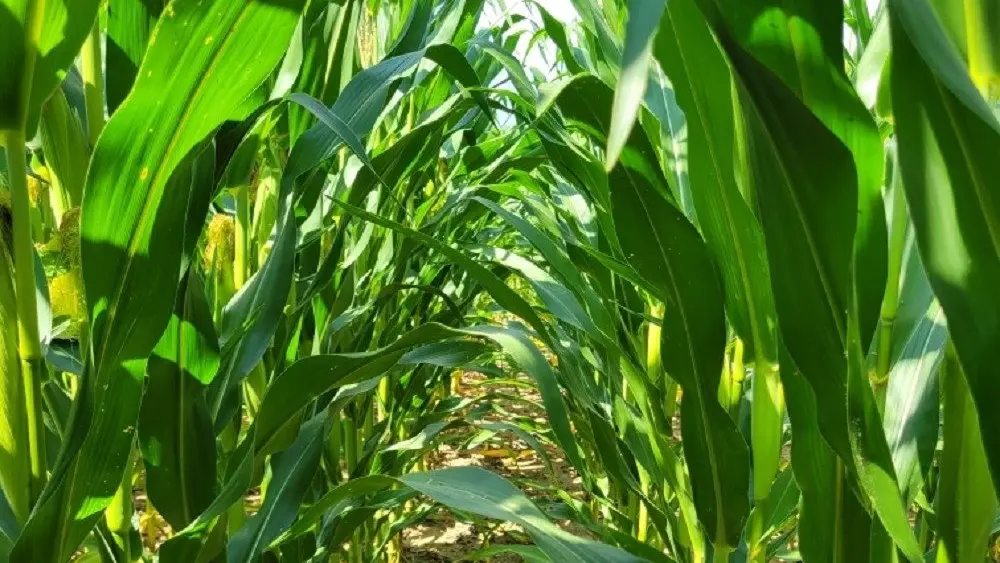The conflict in the Middle East has several markets on edge, including fertilizers.
Andy Jung, Vice President of Market and Strategic Analysis with The Mosaic Company, is closely watching the situation between Israel and Hamas.
“Well, the worst-case scenario is pretty easy to draw up. If there was a widening of the conflict, if Iran in particular were to get involved, and we’d see a repeat of mines being laid in the Straits of Hormuz and choking off not just the typical oil products and hydrocarbon products that we think of, but all of the fertilizer and fertilizer-related raw material products that come out of the Middle East now,” Jung explained. “It is the world’s largest supplier of a number of those fertilizer commodities and that would be very dire from our fertilizer supply standpoint and therefore a food production standpoint.”
He said if the region’s fertilizer production is lost, it would create global shortfalls.
“Nearly half of the world’s traded urea comes out of the Middle East, about 40% of the sulfur emanates from the Middle East, as well as Egypt. For other commodities like phosphates, for potash, it’s still a meaningful anywhere from ten percent to fifteen to twenty percent, depending on which product you want to look at,” he said. “So, it’s not easily replaced or frankly, it cannot be replaced in the short term if it were to be choked off.”





